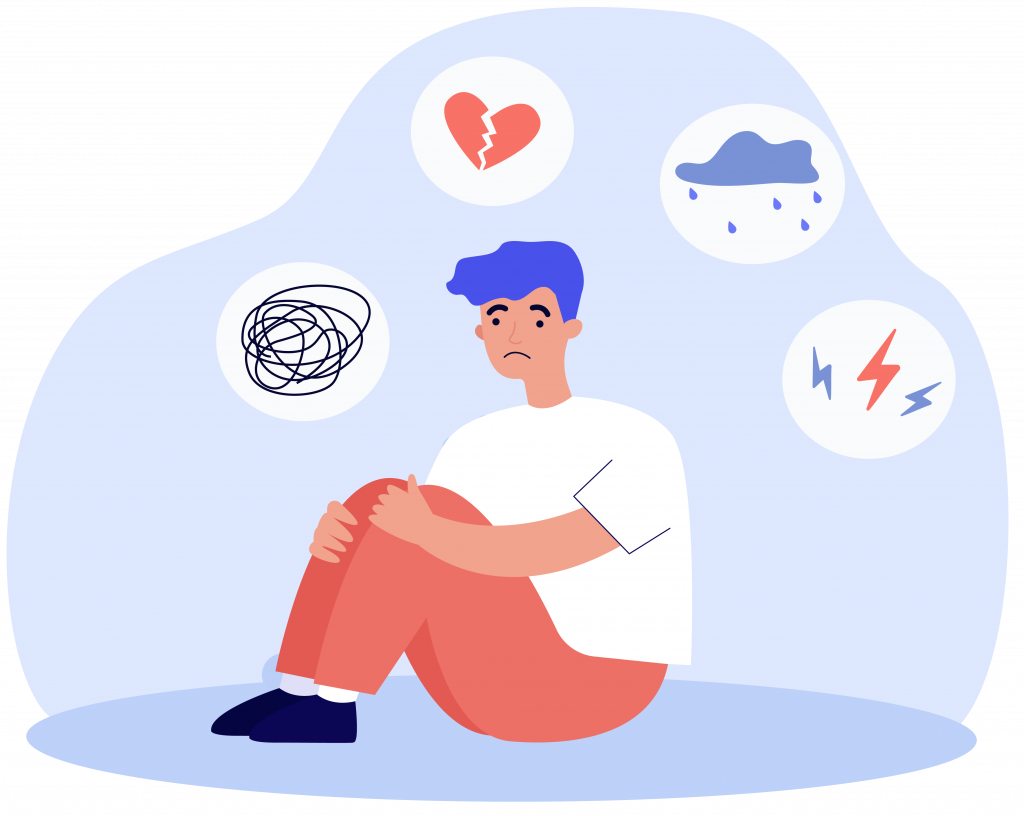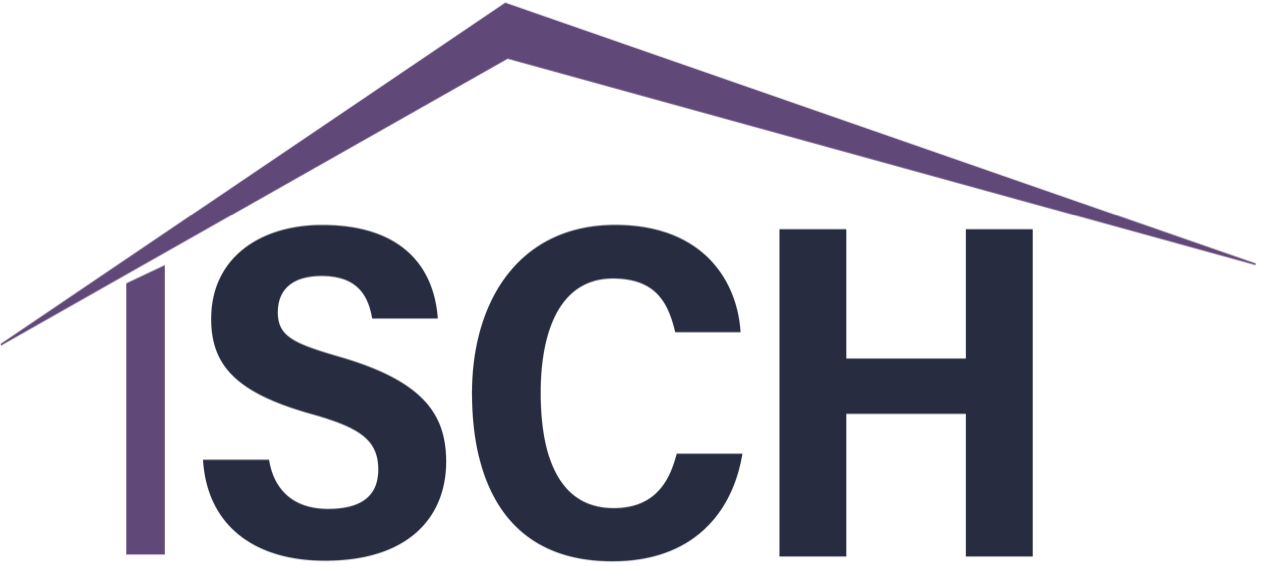
Education
Education provision is an integral part of the work carried out by all Secure Children’s Homes.
Typically, young people arrive in centres with low levels of literacy and numeracy generally because they have either not attended school, some for many years, or they have had an inconsistent or disrupted experience in schools that has not supported them in acquiring the foundation building blocks to learning.
In addition to this, nearly all present with low self-esteem and self-image coupled with a lack of emotional regulation common in those who have experienced significant and/or prolonged trauma.
Education teams in all centres aim to support young people in making accelerated progress in as normal a school environment as is possible, so that they are in the best position possible to transition back into the community.
We are clear that successful, effective, education is vital in order for all young people to continue with their lives when they leave the secure estate.
We aim to:
- reengage young people with learning.
- inspire and challenge all our young people to aspire to their highest achievement.
- provide a broad and balanced education for all our young people that fully takes into account their starting points and their individualised needs.
- develop our young people to be tolerant, respectful and understanding.
- provide equal opportunities for all our young people, with high expectations for every learner ensuring appropriate levels of challenge and support.
- develop key skills such as teamwork, independence, resilience, responsibility and communication.
- ensure young people have a wide knowledge of career opportunities that support positive and successful transitions back to their community.
- provide our young people with leadership opportunities to develop strength of character and self-confidence.
- consider barriers to learning, linked to each young person’s context and the particular circumstances they face.
- promote an awareness of key issues such as healthy living; democracy and national and international events.
Health and Wellbeing

Healthcare services are guided by the Healthcare Standards for Children and Young people in secure settings as well as the Secure Stairs Framework. All healthcare services in Secure settings are regulated by the Care Quality Commission.
The healthcare team within secure children’s settings work collaboratively with residential and education managers and staff to ensure a shared understanding of need and a consistent approach in addressing these.
The focus is on a child-centred and trauma informed, developmental approach. It is recognised that children who enter secure settings are more likely to have additional healthcare needs including neurodevelopmental disorders, mental health difficulties, and substance misuse. They may have been disadvantaged in the community in accessing healthcare, and as such, their physical and mental health needs may be unmet in many areas. All healthcare professionals have a responsibility to make sure the young people in secure settings are supported to access the healthcare they need, and these needs are holistically met.
Healthcare teams within Secure settings may be made up of physical health nurses, mental health nurses, psychologists, visiting psychiatrist, speech and language therapist, occupational therapist, substance misuse worker, visiting GP, visiting optician, and visiting dentist. The membership of the health team will depend on commissioning and access to the community for health appointments such as the dentist or optician for example.

The Comprehensive Health Assessment Tool (CHAT) is completed for each child as soon as possible upon arrival into Secure Care. Particular attention is paid to known risks, such as life-threatening needs, allergies, risk of suicide, pregnancy, communicable diseases, medication needs, visible injuries/marks, being a looked after child, long-term conditions, disabilities, speech, language and communication difficulties, ethnicity and culture, complex and diverse needs, history of abuse, those undergoing trial/facing long sentences, and those in secure care for the first time. Where a young person is identified as having urgent needs in terms of self-harm or health needs, immediate and continuing action is taken to ensure safety.
Healthcare staff work with staff within the secure setting to ensure care planning and whole-system interactions and interventions are based upon individual formulations, as part of SECURE STAIRS. Where possible, the health team work collaboratively with the young person themselves and their parents/family or appropriate carers. Training and reflective space/support is offered to those working in the system to allow for continued development of individual needs of each young person, and staff’s own reactions and the impact of these on the therapeutic relationship.
Where necessary, healthcare staff will liaise with community healthcare providers, addressing both physical and mental health, to ensure seamless continuity of care for when they leave secure accommodation. Relevant referrals will be made, and transition meetings will be facilitated to handover information with the consent of the young person/carers.
